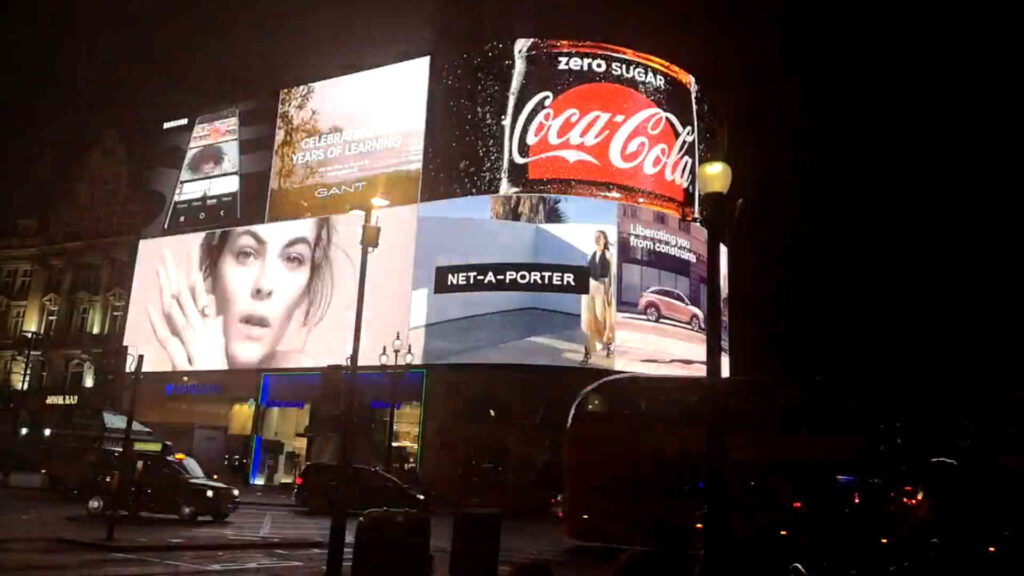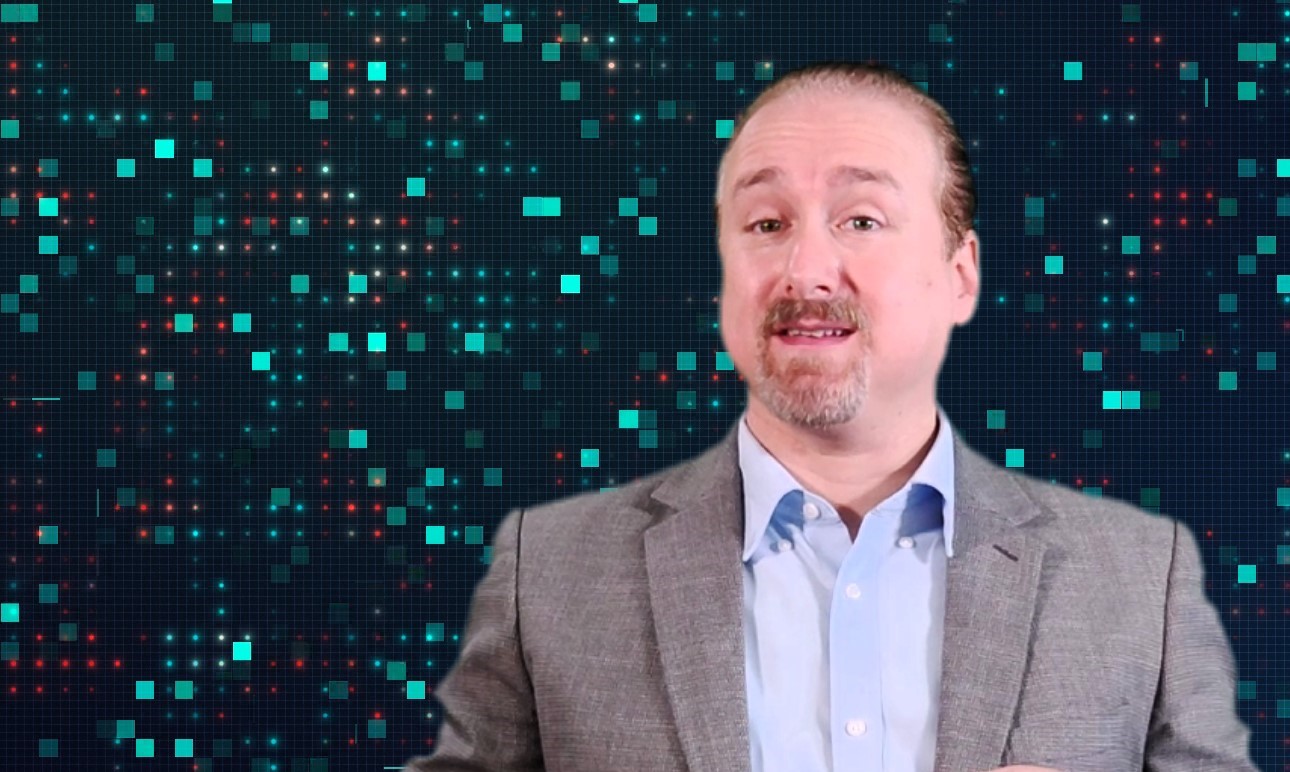
What if you could boost your event ROI by 20% with the right data-driven strategy? In 2024, data analytics is no longer optional—it’s a game changer for every event marketer looking to optimize results and justify every marketing dollar.
The event marketing landscape has become increasingly competitive, with brands vying for the attention of discerning audiences. In this environment, data-driven decisions are proving to be the differentiator between events that merely happen and those that deliver measurable success.
In fact, studies show that 79% of event marketers believe that data analysis is crucial for making their events more effective, and events leveraging data analytics are seeing up to a 20% increase in ROI (EventMB, 2023). Here’s why 2024 is shaping up to be the year of data-driven events and how you can make it work for you.
1. Real-Time Data for Real-Time Adjustments
Gone are the days when event planners had to wait weeks after an event to gauge its success. Today, real-time data collection allows organizers to monitor audience engagement, session attendance, and even social media interactions as the event unfolds. Tools like RFID technology and event apps track attendee movements, providing instant insights into which sessions or experiences are performing well.
For example, during the 2023 Web Summit in Lisbon, organizers used real-time data to adjust speaker timings, send push notifications, and promote less-attended sessions—boosting overall engagement by 15%. This agile decision-making process maximizes both attendee satisfaction and event impact.
2. Personalizing the Attendee Experience
Attendees today expect a personalized experience from start to finish, and data analytics is key to delivering this. By analyzing data from attendee registration forms, behavior during the event, and post-event surveys, marketers can curate content, recommend sessions, and offer networking opportunities that match individual interests.
Consider how Salesforce’s Dreamforce 2023 used data to personalize every attendee’s experience. By analyzing preferences, past event behavior, and demographic data, Salesforce was able to tailor session suggestions, content, and even networking matches for each of its 170,000 attendees. The result? A record-breaking 91% attendee satisfaction rate.
3. Predictive Analytics: Looking into the Future
One of the most powerful applications of data analytics in 2024 is predictive modeling. Predictive analytics uses historical data to forecast future trends, such as attendee turnout, sales leads, and even potential issues like session overcrowding or staffing shortages.
This type of forward-thinking planning was evident in the 2023 Cannes Lions Festival, where predictive models helped organizers allocate resources more effectively by forecasting which sessions would be overbooked. The ability to proactively adjust ensured that 98% of registered attendees were able to attend their desired sessions—a major boost for attendee satisfaction.
4. Measuring Event Success Beyond Attendance
Simply counting heads is no longer a sufficient measure of event success. In 2024, event ROI is increasingly tied to deeper metrics like audience engagement, social media buzz, and post-event brand loyalty. Event analytics platforms like Bizzabo and Cvent offer comprehensive insights into these areas, providing event marketers with data on social media mentions, attendee sentiment, and the effectiveness of different marketing channels.
A real-life example is the 2022 Adobe Summit, where Adobe used data analytics to track engagement across various platforms, from live streams to social media. Adobe was able to attribute a 35% increase in post-event sales leads to high attendee engagement during the event, demonstrating the clear connection between engagement and ROI.
5. Optimizing Event Marketing with Data-Driven Insights
Marketing your event can be as complex as the event itself, and data analytics offers insights that help streamline this process. From identifying which marketing channels drive the most registrations to analyzing the effectiveness of promotional campaigns, data provides clarity on where to allocate marketing resources.
In 2024, 80% of event marketers are expected to use data analytics to optimize their marketing strategies, ensuring they reach the right audience with the right message at the right time (Bizzabo, 2023).
Conclusion
In 2024, the most successful events will be those that leverage data analytics to create personalized, responsive, and highly engaging experiences. Whether it’s tracking attendee engagement in real-time, using predictive analytics for better planning, or optimizing marketing campaigns, data-driven decision-making is the future of events. As we move forward, the ability to turn data into actionable insights will be the difference between an event that delivers average results and one that significantly boosts ROI.




